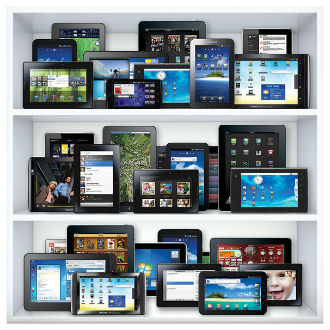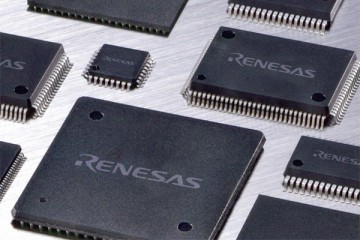 An app that lets you connect Android tablets and Apple iPads to business applications and networks is being introduced by Citrix.
An app that lets you connect Android tablets and Apple iPads to business applications and networks is being introduced by Citrix.
ShareConnect lets people access and edit files using native desktop applications on business networks.And it can use business applications that require resource intensive functions running on an enterprise network.
Desktop applications, said Citrix, are optimised for tablets and open in full screen mode. And you can use tablet functions such as swiping, pinching and zoom and can edit Microsoft Word files and the like.
The company said that ShareConnect also comes with 1GB of cloud storage from its ShareFile service.
The software is available for freedownload in Apple’s App Store and in Google’s Play store.
Jesse Lipson, a VP at Citrix said: “Not all data is stored in the cloud and many desktop apps are not fully functional through mobile apps. With ShareConnect, users can access and edit files, use industry specific desktop apps, and even use their business neworks.”



















